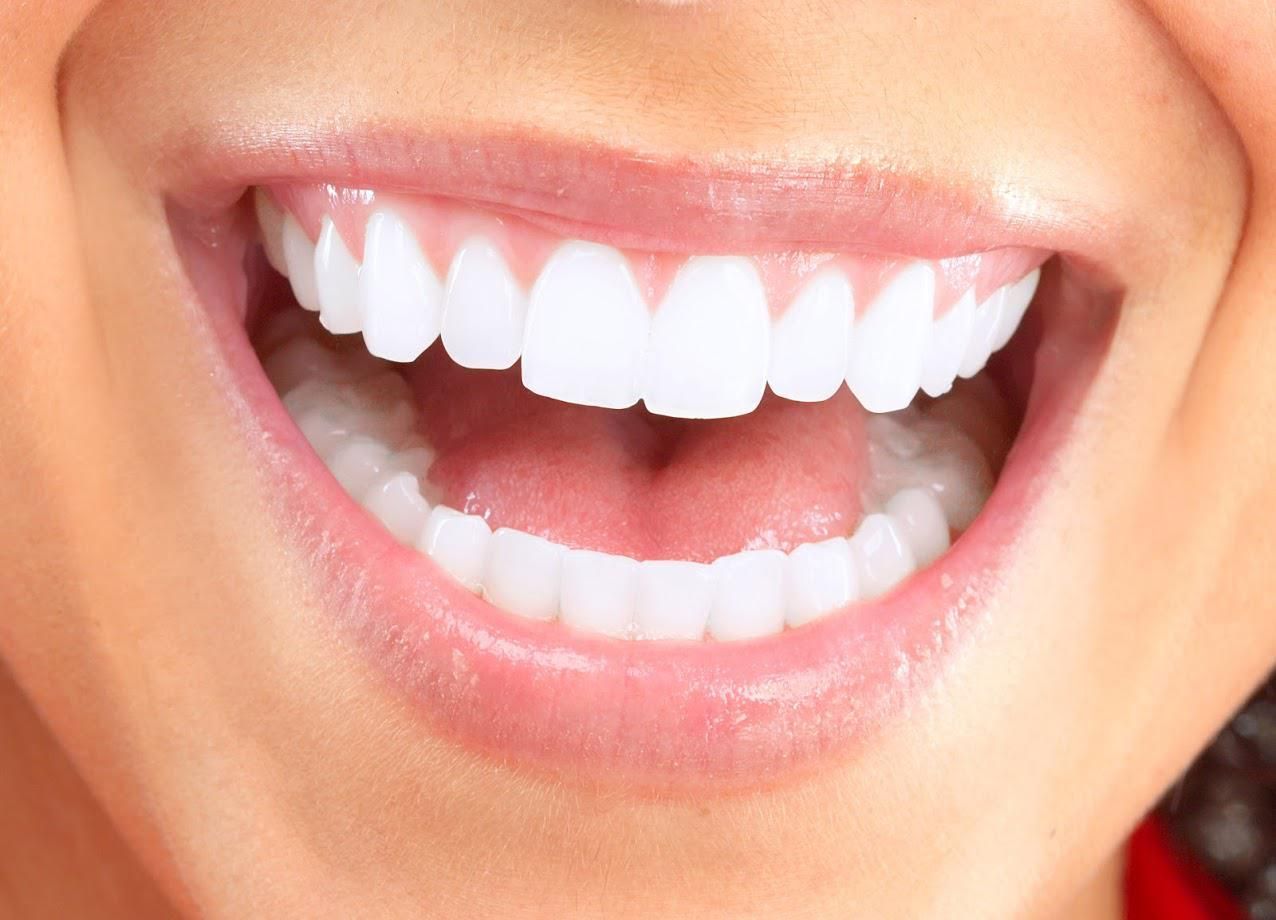Oral Symptoms That May Indicate Further Diseases

Many people do not realize that a dentist does more than just clean their teeth and examine their mouths for cavities during an oral exam. Not only does your dentist also check for signs of oral cancer during your dental exam, but they may also spot the first signs of a disease that affects your entire body if you are currently experiencing oral manifestations of the disease. Read on to learn about several chronic health problems that are often first discovered through symptoms in the mouth. 1. Inflammatory Bowel Disease There are several types of inflammatory bowel disease, with Crohn's disease and ulcerative colitis being two of the most common. Both conditions can go undiagnosed for years due to their first symptoms often being diarrhea that can be mistaken for food intolerances or IBS. Oral symptoms manifestations, are common in both types of IBD. One common oral manifestation of IBD is the development of recurrent canker sores, also called aphthous ulcers. About 20 to 30 percent of people who suffer from Crohn's disease suffer from recurrent canker sores, while an estimated 10 percent or more of ulcerative colitis sufferers also develop recurrent canker sores. Many people who suffer from IBD experience canker sore development at the same time their disease is flaring. A flare of a chronic disease means it enters its active state after a period of remission. 2. Anemia A health condition that is often discovered by a dentist is anemia. The symptoms of this condition, such as fatigue and general low energy, are often blamed on a busy lifestyle, which can lead to the symptoms going unreported to or overlooked by you are even your family doctor. Anemia is often first suspected during an oral exam when a dentist notices its oral manifestations. These oral manifestations include gum tissue that is pale in color and/or a tongue condition called glossitis that causes your tongue to appear smooth, pale, and swollen. 3. Addison Disease Adrenal insufficiency, or Addison disease, occurs when the body's adrenal glands produce too little of a hormone called cortisol. The physical symptoms of the condition, including fatigue, weight loss, depression, and nausea, are often blamed on the general stressors of life. This condition can be life-threatening when left untreated. However, many people experiencing Addison's disease experience pigment changes in their mouths. When dentists notice these pigment changes in oral tissues, they often suggest examination by a medical specialist who can check for other signs of the disease. 4. Human Immunodeficiency Virus About 14 percent of all human immunodeficiency virus- (HIV) infected people in the United States are unaware that they have contracted the disease. The HIV virus can affect the mouth in many ways. While the virus can lead to xerostomia, or dry mouth, it can also lead to the development of various oral infections due to how the virus impairs the body's ability to fight infection. A common oral infection experienced by HIV sufferers is candidiasis, which is a fungal infection of the mouth. HIV can also cause two types of gum disease called linear gingival erythema (LGE) and necrotizing ulcerative periodontitis (NUP). Both types of gum disease can appear suddenly and lead to gum redness and swelling, along with ulcers in gum tissue. In addition, NUP can eventually attack the bones and ligaments that hold teeth into place, causing tooth loss. Dentists often notice the first signs of diseases that may go unnoticed by you and your healthcare providers if you are experience their oral symptoms. Contact the dental office of Jeffrey L. Erwin DDS for an oral exam today and be sure to notify your dentist if have been experiencing any unusual symptoms affecting your mouth.













